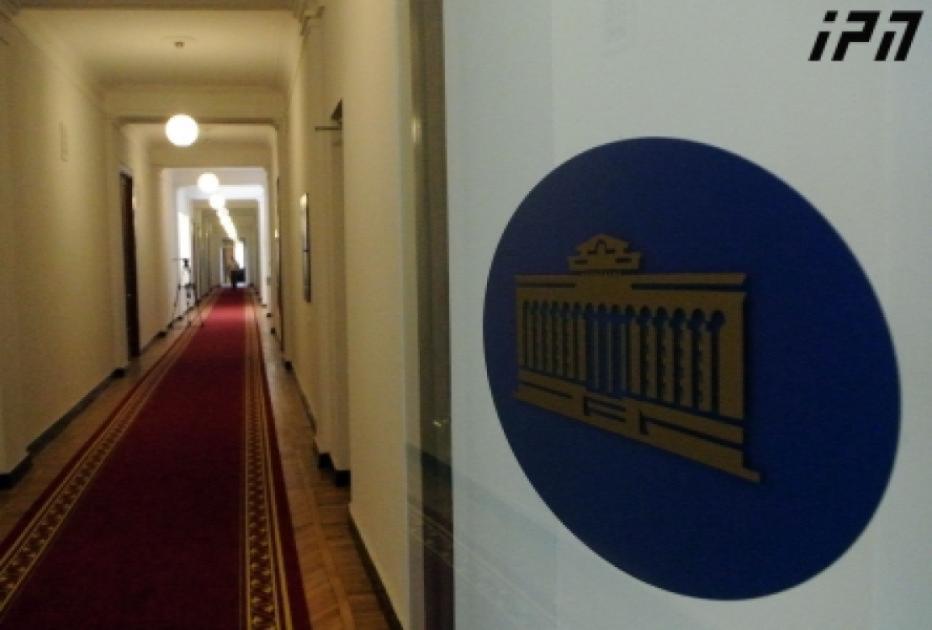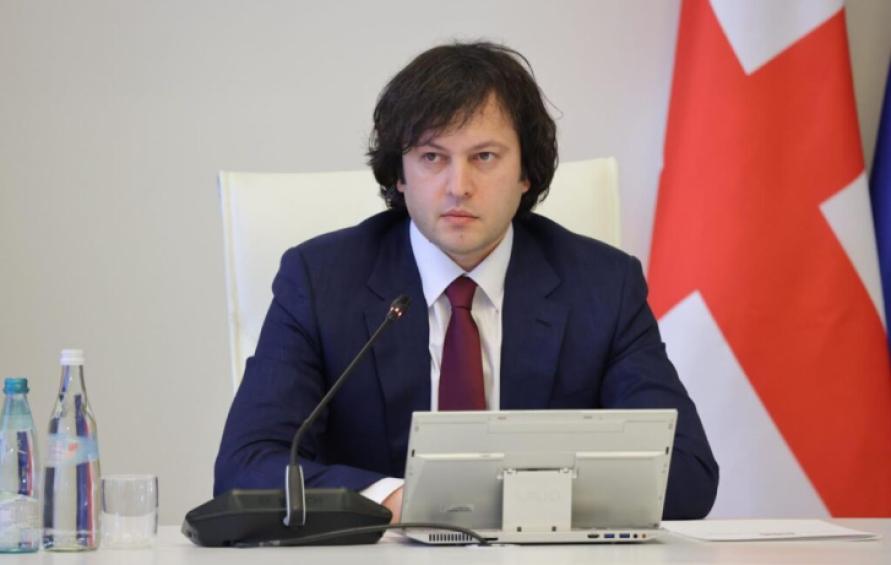
Georgia’s Parliament has approved a package of legislative amendments that will exclude non-governmental organizations (NGOs) from the public decision-making process. The decision, made on April 2 during a plenary session, passed with 81 votes in favor.
The amendments, which affect 14 different laws, remove the mandatory involvement of NGOs in various governmental processes. Previously, certain laws required the participation of non-commercial legal entities in decisions such as the selection of candidates for membership in the Prosecutorial Council and the disciplinary board of common court judges.
Under the new framework, these candidates will no longer be chosen from a list of individuals nominated by NGOs. Additionally, the competitive process for selecting candidates to the High Council of Justice, which once involved NGO participation, will no longer be required.
The ruling majority justifies the changes by stating that the involvement of NGOs in public decision-making processes has not fulfilled its intended purpose. They argue that recent developments, including issues surrounding USAID, have highlighted how the participation of NGOs could hinder effective governance. The majority claims that many NGOs in Georgia are funded by foreign sources, which, according to the ruling team, influences these organizations to advance external political and economic agendas, rather than representing the interests of the local community.
As a result, the amendments reflect the ruling team’s belief that the exclusion of NGOs from decision-making will allow for more locally-driven, efficient governance.
0
0










